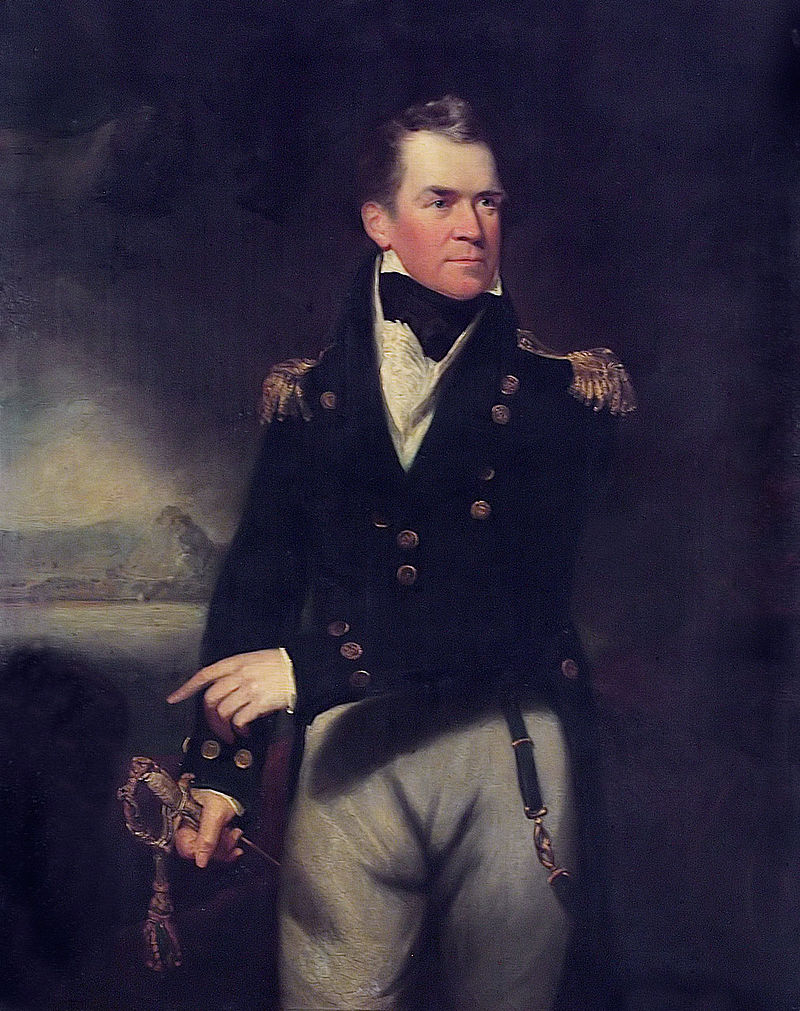In 1807, the British Parliament outlawed the slave trade. Then the government did something truly unusual—possibly with no precedent. It spent military resources solely for the sake of other people. The Royal Navy assigned a squadron to patrol the coast of West Africa, hunting for slave ships—a.k.a. pirates—to make sure no one else captured and transported human beings. By 1860, the West Africa Squadron had captured 1,600 slavers and freed about 150,000 people.
Of course, Great Britain had played a central role in creating the trans-Atlantic slave trade and had profited mightily. But I think the U.K. still gets credit for doing something selfless, long before anyone thought armies and navies had any job other than advancing national self-interest.
—————
—————
© 2014 by David W. Tollen. All rights reserved.


Interesting. Makes me want to re explore the issue of incipient English support for the confederacy.
Jeffrey S. Follett | Partner Foley Hoag LLP Seaport West 155 Seaport Boulevard Boston, Massachusetts. 02210-2700 617-832-1244 Sent by iPhone
Yes, seems like a contradiction! But maybe the question is why the U.K. didn’t support the Confederacy, rather than why they almost did. Given British dependence on Southern cotton and the ruling class’ cultural identification with the Southern planter elite, it’s surprising that they didn’t work to break the naval blockade and let Confederate trade flow. Slavery is one reason. (Fear of losing Canada to the U.S. is another.)
Another super educational short post. Thank you. This one actually makes me proud to be British.